Login Status
-
Free text
UPCOMING EVENTS:
 From August 18 to October 11, 2026; submissions due February 19.
From August 18 to October 11, 2026; submissions due February 19.FILE – Electronic Language International Festival is now accepting project submissions and invites artists, researchers, creators, and developers to participate in its next edition. An international reference in the fields of art, technology, and innovation, FILE will take place in … Continue reading →
 Wrocław University of Environmental and Life Sciences, 4th of Match 2026
Wrocław University of Environmental and Life Sciences, 4th of Match 2026The international conference “Cross-border cooperation in the era of challenges and transformation – space, energy, climate, culture” will be held on 4 March 2026 at the Wrocław University of Environmental and Life Sciences, in Wrocław, Poland. The conference will explore key issues facing border regions, from … Continue reading →
Topic: EU projects
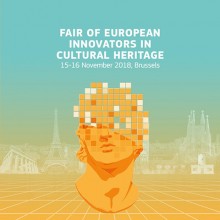
The Fair is a wonderful occasion to see how the EU is promoting research & innovation in cultural heritage, fostering creativity and new connections across countries. The event will build on the results of the ‘Heritage and Innovation‘ conference and … Continue reading
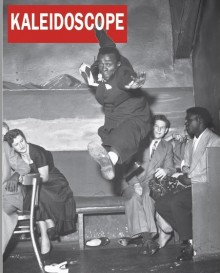
“50s in Europe Kaleidoscope” is a new project led by KU Leuven and including a mix of technology partners, universities and content providers. The aim of the project is to use state-of-the-art technologies to improve the user experience in engaging … Continue reading
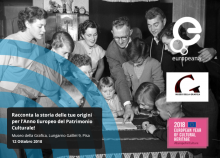
Photoconsortium and KU Leuven, in collaboration with Europeana, the European digital library, in the framework of the Europeana Migration project, organized a Collection Day and photographic exhibition hosted by the Museo della Grafica in Pisa. We all have objects, photographs … Continue reading

The EuroMed2018 registration is online and it is mandatory for ALL the participants: https://euromed2018.eu/index.php/registration Moreover, it is a real success that in total 537 papers have been submitted and reviewed for the EuroMed2018 conference. The 97 accepted papers are already … Continue reading
The 7th biannual European-Mediterranean (EUROMED) conference brings together researchers, policy makers, professionals, fellows and practitioners to explore some of the more pressing issues concerning Cultural Heritage today. In particular, the main goal of the conference is to focus on interdisciplinary … Continue reading
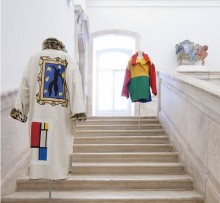
EFHA International Conference 2018: Europe and Fashion: Questioning Identities and Cultures The conference Europe and Fashion: Questioning Identities and Cultures focused on European sartorial heritage, its collecting and its archiving practices; it explored and contextualised spaces of cultural interactions, displacement … Continue reading
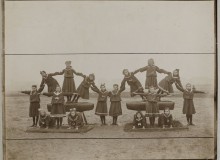
Europeana Network Association AGM 2018: “Building Communities” The AGM 2018 is an opportunity for Europeana Network Association members to voice their opinions and ideas and to showcase their projects. This year’s focus is on building communities. The AGM 2018 takes … Continue reading

Due to the request of many colleagues all around the world the deadline for the submission of CHNT paper, poster, and app has been EXTENDED to 15th July. Visit the program on the event’s website and choose the right session, … Continue reading
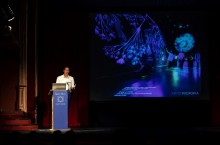
Dubrovnick, Croatia, 26-28 September 2018 The Core Programme in the Theatre “Marin Držić”. Featuring 28 presentations of best practices in museums, heritage and conservation awarded in 2017, with keynotes and the “spotlight” session. A conference like no other: annual, densely … Continue reading
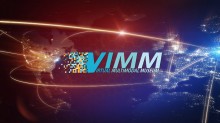
The H2020 Virtual Multimodal Museum Project (ViMM: www.vi-mm.eu) is a high-visibility and participative Coordination and Support Action (CSA), funded under the EU Horizon 2020 programme (CULT-COOP-8-2016). The project brings together Europe’s and the world’s leadingpublic and private sector organisations working … Continue reading
































